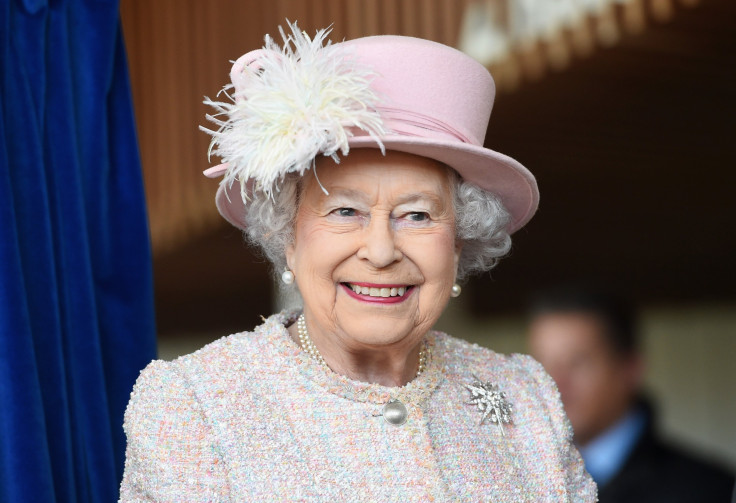Who Will Succeed Queen Elizabeth II? Commonwealth Could Discuss Next Head

After Queen Elizabeth II dies, who will succeed her as the head of the Commonwealth? A “high-level” group of leaders are expected to discuss the monarch's successor during a closed door meeting Tuesday, BBC reported.
The meeting in London aimed at focusing on the future governance of the Commonwealth, could also talk about the possible candidate who would take over after the queen’s death. While the succession to the British throne is hereditary, its not the same as the succession to lead the organization. Because of this, the title would not pass automatically to Prince Charles, who is next in line to the British throne followed by Prince William.
According to BBC, former president of Kiribati, Anote Tong, will chair the meeting in London that will also be attended by high-level leaders of the Commonwealth, which compromises of 53 states and territories, mostly former parts of the British empire. It also includes Australia, New Zealand and Canada, where the queen remains head of state.
“I imagine the question of the succession, however distasteful it may naturally be, will come up,” a source told BBC.
Another added the issue of who is to succeed the longest-living monarch is expected to be discussed by Commonwealth leaders on the margins of the summit.
A source told the Guardian that the meeting was “a high-level group that has been commissioned to review the governing of the Commonwealth, but not so much who is going to succeed the Queen of England.”
In its report, BBC said the 91-year-old queen is backing the Prince of Wales to succeed her and has sent senior members of her team around the world to campaign for his appointment to Commonwealth leaders.
The British monarch was proclaimed Head of the Commonwealth at her coronation in 1953, when she was head of state in seven of its eight members.
While it remains unclear as to who might succeed Queen Elizabeth II as the Commonwealth head after her death, her crown will pass on to Prince Charles unless the 69-year-old is abdicated. In such a scenario, the crown will pass on to Prince William, the Duke of Cambridge.
In 2017, there were rumors that Prince William and Kate Middleton would be the next king and queen. A poll last year also confirmed that majority of the people in Britain wanted the Duke and Duchess of Cambridge to take over the crown. However, an insider claimed the queen has no power to determine who will take over after her.
In Britain, the crown is normally passed from the monarch to the eldest son. As King George VI had no son, the crown passed to his elder daughter, Queen Elizabeth II. However, in 2011, the Act of Settlement was changed before Prince George’s birth, to ensure succession would not be affected by gender of the child.
Prince George is third in line to the throne followed by his sister Princess Charlotte. Prince Harry is fifth in line to the throne, but he would be pushed to the sixth number after Prince William and Kate Middleton's third child is born in April.
© Copyright IBTimes 2025. All rights reserved.





















